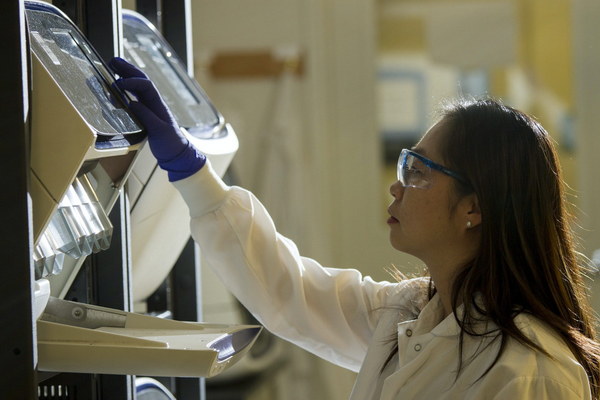Breaking the Myths Unveiling Common Misconceptions About Mens Kidney Health
In the quest for optimal health, it's essential to understand the facts and dispel the myths surrounding various aspects of our well-being. One area that often falls under scrutiny is men's kidney health. While it's crucial to take care of our kidneys, there are several misconceptions that can lead to ineffective or even harmful practices. Let's delve into some of the most common misconceptions about men's kidney health and shed light on the truth behind them.
Myth 1: Eating more protein is good for kidney health
It's a widely believed notion that consuming high-protein diets can improve kidney function. However, this myth is misleading. While protein is essential for the body, excessive protein intake can put a strain on the kidneys. The kidneys are responsible for filtering waste products from the blood, and an excessive amount of protein can overwhelm this process. To maintain kidney health, it's recommended to consume a moderate amount of protein, focusing on lean sources such as poultry, fish, and legumes.
Myth 2: Drinking alcohol is bad for kidney health
While excessive alcohol consumption can indeed harm the kidneys, moderate alcohol intake is often considered safe. The key is moderation. Moderate alcohol consumption, defined as one to two drinks per day for men, is unlikely to cause kidney damage. However, it's crucial to avoid binge drinking or exceeding recommended limits, as this can lead to kidney inflammation and other complications.
Myth 3: Caffeine is harmful to the kidneys
Contrary to popular belief, caffeine doesn't have a direct impact on kidney function. In fact, moderate caffeine consumption has been associated with a lower risk of kidney stones. However, individuals with pre-existing kidney conditions or those who are sensitive to caffeine may experience adverse effects. It's essential to listen to your body and adjust caffeine intake accordingly.
Myth 4: Taking pain relievers can damage the kidneys
Pain relievers, particularly nonsteroidal anti-inflammatory drugs (NSAIDs), can indeed be harmful to the kidneys if used excessively or without proper guidance. However, when used as directed, these medications are generally safe for kidney health. It's crucial to follow the recommended dosage and consult with a healthcare professional if you have any concerns about potential side effects.
Myth 5: High urination frequency indicates kidney problems

The belief that frequent urination is a sign of kidney problems is not entirely accurate. While increased urination frequency can sometimes be a symptom of kidney issues, it can also be caused by other factors such as dehydration, certain medications, or even stress. To determine the root cause, it's important to consult a healthcare professional who can conduct the necessary tests.
In conclusion, it's essential to understand the facts and dispel the myths surrounding men's kidney health. By adopting a balanced approach to nutrition, maintaining moderate alcohol and caffeine consumption, and following the recommended dosage for pain relievers, men can take proactive steps to protect their kidneys. Remember, seeking guidance from a healthcare professional is crucial in addressing any concerns and ensuring optimal kidney health.









